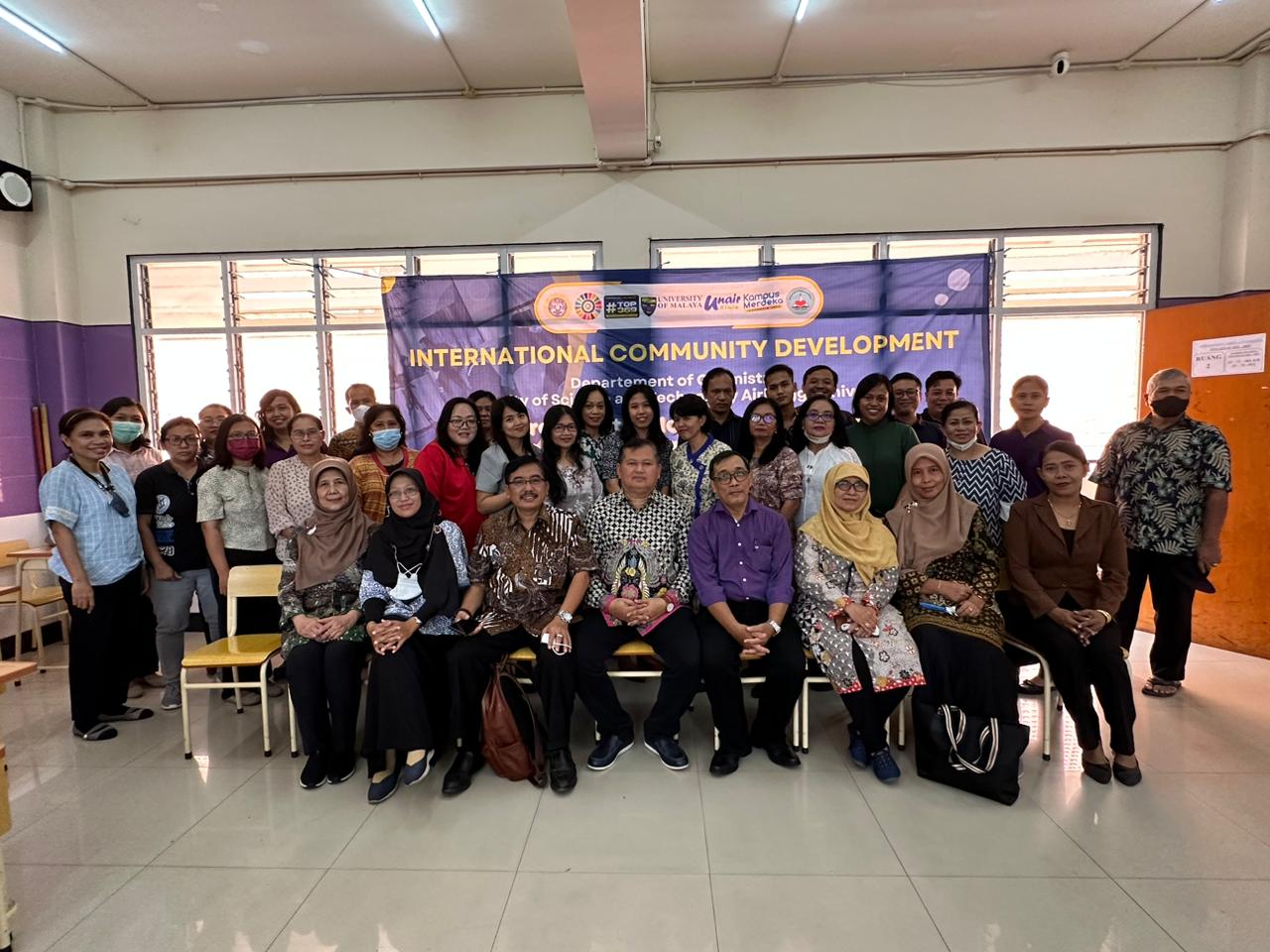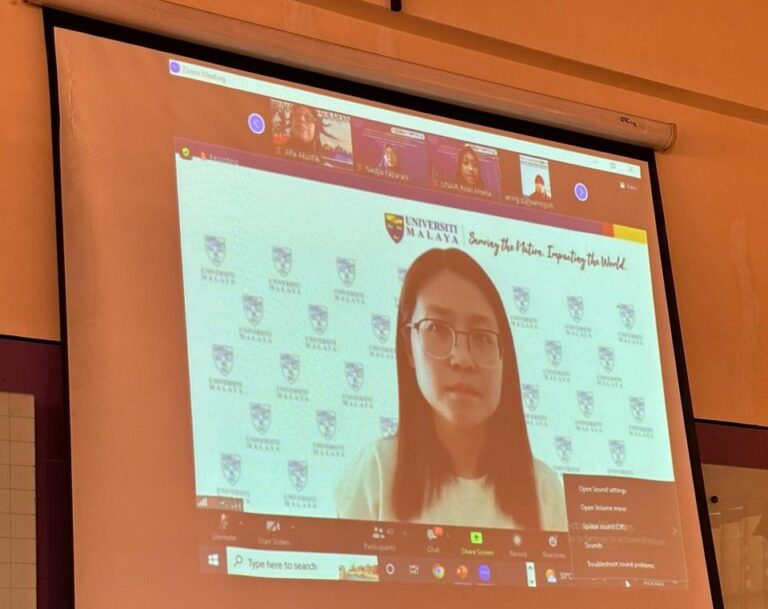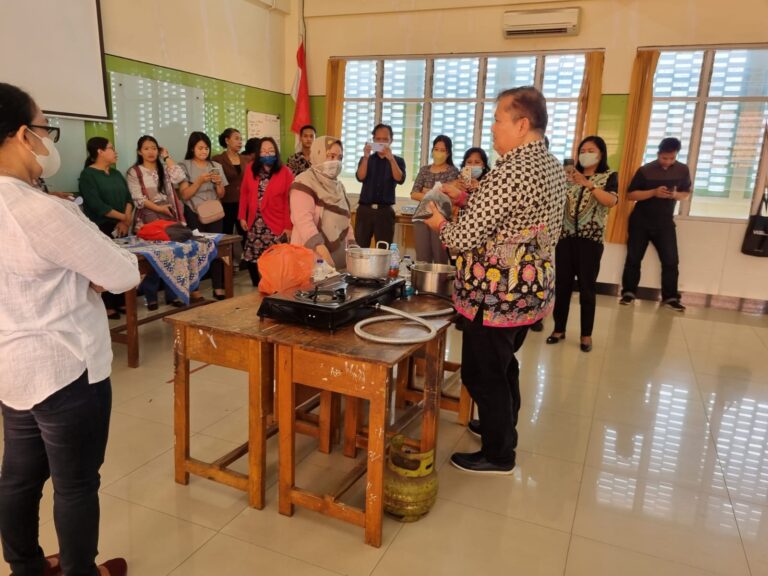Department of Chemistry FST UNAIR Promotes “Zero Waste” Movement for Surabaya People through International Community Service
Until now, household waste is still one of the environmental problems that cannot be resolved properly. Moreover, household waste is also the largest contributor to the composition of waste in Indonesia. Based on data from the National Waste Management Information System (SIPSN) of the Ministry of Environment and Forestry (KLHK) in 2022, the percentage of national waste originating from households reached 38.33%, even in East Java the percentage reached 72.33% against other sources of waste.

With this background, the Department of Chemistry FST UNAIR seeks to promote the “Zero Waste” movement for the community which is packaged through international community service activities. The activity chaired by Dr. Alfa Akustia took the theme “Environmental Modification to Reach Zero Waste Design by Conversion of Domestic Waste”.
The activity was carried out in a hybrid manner at SMP YBPK 4 Surabaya on March 25, 2023 and August 5, 2023. In addition, the activities were also aimed at the community in Dukuh Kupang, Surabaya on May 27, 2023 and August 26, 2023. Participants who attended were community members around the location of the activity, including PKK women as well as teachers and foundation staff.

This community service was successfully held with the University of Malaya as an international collaborator. In this case, the resource person from the University of Malaya, Assoc. Prof. Dr. Lee Hwei Voon shared knowledge to the community about Eco Enzyme. Knowledge about Eco Enzyme is very important for the community considering that Eco Enzyme is the result of fermentation of household waste such as fruit and vegetable pulp, sugar (brown sugar, brown sugar or cane sugar), and water. Making Eco Enzyme can be one of the strategies to process household organic waste into useful products such as fertilizer, house cleaner, clothes washer, insect repellent, and so on.
Meanwhile, Tokok Ardiarto, M.Si, Chemistry lecturer at FST UNAIR as well as another resource person in this community service also explained to the community about the purification of used cooking oil with simple techniques. The community was also taught how to make soap from the used cooking oil.

The high enthusiasm of the community who participated in this community service activity can be seen from the many questions addressed to the speakers. The community was also actively willing to practice soap making activities with UNAIR Chemistry lecturers and students.
This community service activity is expected to spark the enthusiasm of the community to be able to process household waste both individually and collectively into useful products so that the “zero waste” movement can be achieved, said the UNAIR Chemistry lecturer team involved in this community service activity.
Author: Fatiha Khairunnisa
